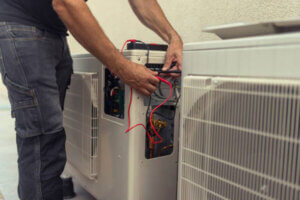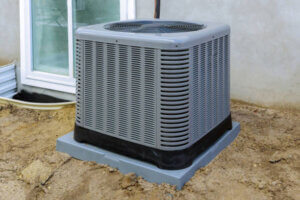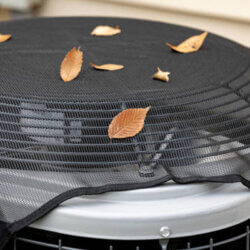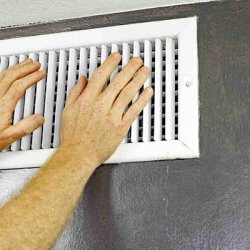
Is your AC unit struggling to keep up with the cooling needs of your home? Is it making unusually loud noises? Or are you simply considering upgrading to a newer and more efficient model? No matter why you are looking for an AC replacement, there is one crucial factor you must consider – SEER ratings!
Navigating the world of air conditioning systems can be daunting, especially when considering factors like SEER ratings. But don’t worry because the heating and air conditioning experts at Galmiche & Sons are here to guide you through the process and help you make an informed decision regarding AC replacement.
What Are SEER Ratings?
SEER is also known as the Seasonal Energy Efficiency Ratio. It is an important metric used to decipher the efficiency of air conditioning systems in the United States. Basically, SEER measures how effectively an AC unit converts electricity into cooling power over the course of an entire cooling season.
You can calculate this by dividing the total cooling output (measured in BTUs) by the total electrical energy input (measured in watt-hours) during the given period. So naturally, the air conditioning unit would be more energy-efficient if the SEER rating is higher.
Importance of SEER Ratings for AC Replacement
Now that we know what SEER ratings are, it is essential to understand their significance in AC replacement. Buying a unit with a higher SEER rating can translate to substantial long-term savings on energy costs, making it a financially wise decision for homeowners in St. Louis.
If you are looking to lower your utility bills and reduce environmental impact, an energy-efficient air conditioner is a must! However, selecting the right SEER rating doesn’t depend on one factor only. It requires careful consideration of several factors unique to your geographical region, home, and lifestyle.
Important Factors to Consider When Choosing the Ideal SEER Rating for AC Replacement
- Climate: The climate of your region plays a significant role in determining the ideal SEER rating for your AC replacement. In hotter and more humid climates like St. Louis, where air conditioning is used extensively throughout the year or hot summer months, it is recommended to have a higher SEER rating to maximize energy savings. On the other hand, in places with mild climates, a lower SEER rating may suffice.
- Energy Costs: Consider the prevailing cost of electricity in your area. While higher SEER-rated units may come with a higher upfront cost, they can lead to substantial long-term savings on energy bills. So, if your region has higher electricity rates, going for a SEER-rated AC replacement can be a worthwhile investment.
- Usage Patterns: If you rely heavily on your AC system, opting for a higher SEER rating can help you save a significant amount of money over time. However, if you have very limited AC usage, a lower SEER rating may be enough.
- Long-Term Goals: Consider your long-term plans for your home. If you intend to stay in your current home for the foreseeable future, investing in a higher SEER-rated unit is a smart choice. But if you plan to sell or relocate in the coming years, you may want to opt for a more budget-friendly AC replacement option.

Contact Galmiche & Sons to Understand More About SEER Ratings or Schedule AC Replacement in St. Louis
Choosing the right SEER rating for your AC replacement is a critical decision that can impact your comfort, energy bills, and environmental footprint. If you still have questions or need further assistance in selecting the ideal AC for your home in St. Louis, don’t hesitate to reach out to us at Galmiche & Sons.
With over seven decades of experience in the HVAC industry, we can guarantee to help you at each step of your AC replacement journey. Contact us today to request a HVAC system quote or learn more!









